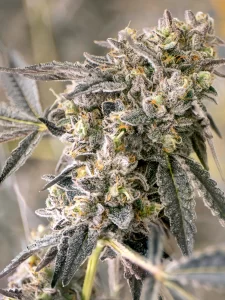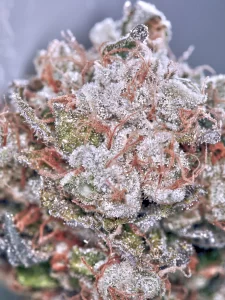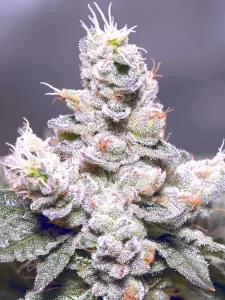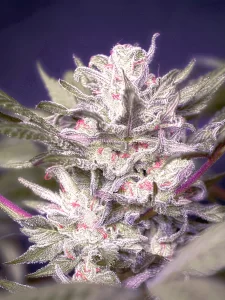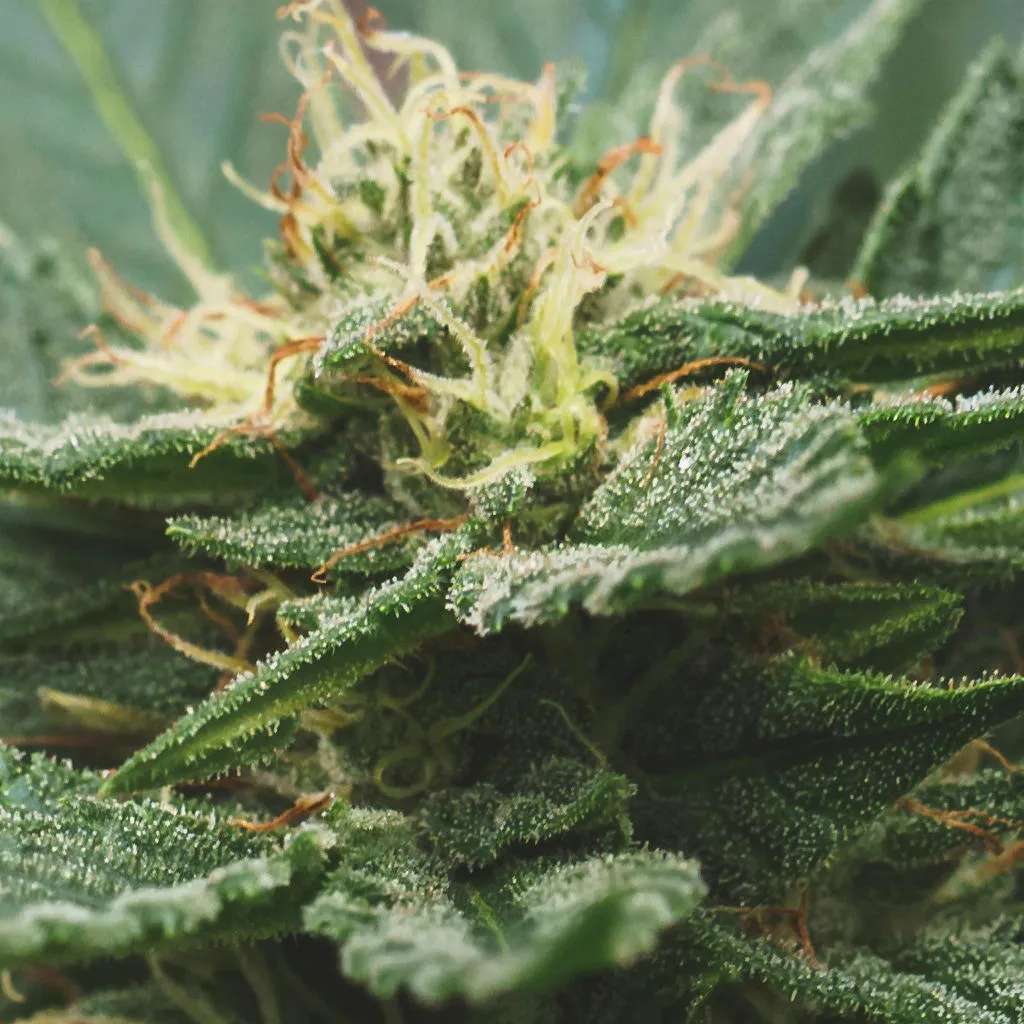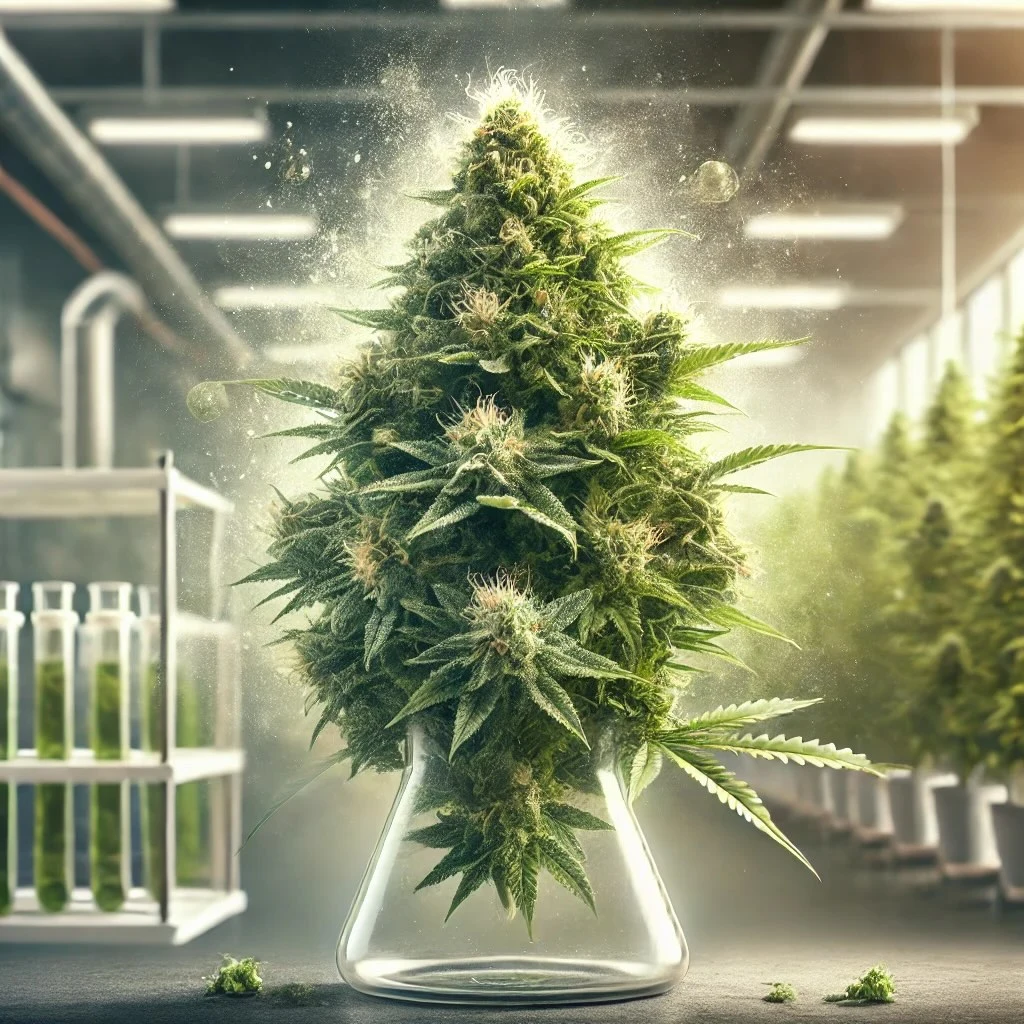Biodiversity conservation is an urgent global concern, with countless plant and animal species facing threats of extinction due to habitat loss, climate change, and human activities. Among the innovative solutions contributing to this cause, cannabis seeds play a pivotal role. This article explores how cannabis seeds aid in preserving biodiversity and promoting sustainable agricultural practices.
The Importance of Cannabis Seeds in Biodiversity Conservation
Cannabis, often highlighted for its economic and medicinal value, also plays a crucial role in environmental sustainability. The deep-rooting system of cannabis plants helps break up compacted soil, improve aeration, and enhance soil fertility by increasing microbial activity. This promotes a healthier soil ecosystem, vital for supporting diverse plant and animal life.
Soil Health Improvement
Cannabis plants contribute significantly to soil health. Their extensive root systems penetrate deep into the soil, breaking up compaction and improving aeration. This not only enhances water retention but also boosts the soil’s ability to hold nutrients. As a result, the soil becomes more fertile and productive, supporting a wider range of plant species .
Crop Rotation Benefits
Incorporating cannabis into crop rotation systems is beneficial for maintaining agricultural biodiversity. Cannabis plants have allelopathic properties, meaning they can suppress the growth of certain weeds, reducing the need for chemical herbicides. This natural weed suppression helps maintain soil health and reduces the environmental impact of farming. Additionally, rotating cannabis with other crops disrupts pest and disease cycles, fostering a balanced and healthy agricultural ecosystem .
Water Conservation
Cannabis is a relatively drought-tolerant crop, requiring less water compared to many traditional crops. Its deep roots help access water from deeper soil layers, reducing the need for frequent irrigation. This makes cannabis a suitable crop for regions facing water scarcity, contributing to the sustainable management of water resources .
Enhancing Biodiversity
Cannabis cultivation supports biodiversity by attracting a variety of beneficial insects, including pollinators like bees and butterflies. These pollinators are essential for the health of many ecosystems. Moreover, cannabis plants provide habitats for birds and other wildlife, promoting ecological balance and resilience. By enhancing biodiversity, cannabis farming helps create sustainable agricultural systems that can better withstand environmental stresses .
Seed Banks and Genetic Diversity
Seed banks, also known as gene banks, are essential for preserving the genetic diversity of cannabis and other plant species. These institutions collect, store, and conserve seeds from a wide range of species, including those that are rare or endangered. By maintaining a diverse collection of seeds, seed banks ensure that genetic traits are preserved for future use in breeding programs, ecosystem restoration, and agricultural improvement .
Mitigating Species Loss
In an era of rapid environmental change, seed banks serve as an insurance policy against the extinction of plant species. They provide a means for species recovery and ecological restoration by conserving seeds. In the event of a catastrophic event, seed banks can supply the necessary genetic resources to reintroduce species into their natural habitats, aiding in their recovery .
Climate Change Adaptation
As climate change continues to pose challenges to ecosystems worldwide, cannabis seeds play a crucial role in adaptation efforts. By preserving seeds from various cannabis strains, including those with traits such as heat or drought tolerance, seed banks support the development of climate-resilient crops. These crops are essential for maintaining agricultural productivity and ecosystem stability in the face of changing climatic conditions .
Supporting Sustainable Agriculture
Cannabis cultivation is aligned with principles of sustainable agriculture. By improving soil health, conserving water, enhancing biodiversity, and providing economic opportunities for farmers, cannabis supports the development of sustainable farming practices. The evolving legal and regulatory landscape surrounding cannabis further promotes its role in sustainable agriculture by encouraging best practices and environmental stewardship .
Conclusion
Cannabis seeds are more than just a valuable agricultural commodity; they are a vital tool for biodiversity conservation and sustainable agriculture. By improving soil health, conserving water, enhancing biodiversity, and supporting genetic diversity through seed banks, cannabis contributes to a more resilient and sustainable agricultural future. As the global community continues to recognize the environmental benefits of cannabis, its role in biodiversity conservation will undoubtedly grow, helping to secure a healthier planet for future generations.


